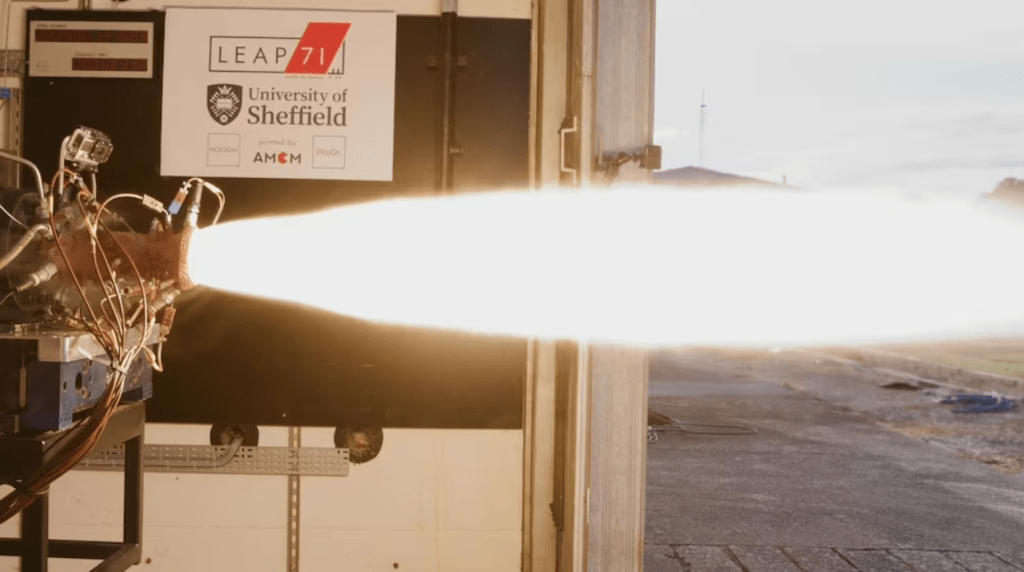What To Know
- The success of the LEAP 71 is indeed a good sign for the startup as it continues to develop its AI model to be adopted in the space industry.
- AI model As it is seen in the case of LEAP 71, a novel approach in spacecraft system construction, this is expected to cut development expenses more than half and shorten the construction period.
- An Emirate-based Firm, LEAP 71, has successfully test-fired of a Space rocket engine using an AI model along with a 3D tenant they designed, and therefore becoming a pioneer in a new UAE engineering frontier.
An Emirate-based Firm, LEAP 71, has successfully test-fired of a Space rocket engine using an AI model along with a 3D tenant they designed, and therefore becoming a pioneer in a new UAE engineering frontier. Starting up for only 3. 5 seconds, the engine was able to deliver a thrust of 500kg and at least 20000 horsepower.
This is the first liquid rocket engine that was designed and built in the UAE and was optimized using computational modeling availed by LEAP 71. The test that took place on June, 14 at Airborne Engineering site in Wescott, UK is a major step forward in using AI solutions in engineering sector of the Emirates.
Lin Kayser, the co-founder of LEAP 71 further pointed out that the test results that are being harvested will improve on its computational models. The AI model known as Noyron is intended to autonomously design rocket engines, from theoretical to specific parts, including software codes that signal the desired thrust and propellant requirements to make the engine operate as planned without additional human input.
For this test, cryogenic liquid oxygen and kerosene were employed as fuels because of the type acknowledged as complex. Interestingly, ‘coating together’ is quite complicated but usually implemented in greater rocket systems such as SpaceX Falcon 9; therefore, it is a vital exercise for their more diminutive engine chamber.
But, according to the developing trend, it is necessary to design engines at different thrust and propellant ranges and aims at individualization, as claimed by Kayser. However, he said that Noyron is almost ready for deployment and only some more tests with a number of different engines from various companies are in store.
AI model As it is seen in the case of LEAP 71, a novel approach in spacecraft system construction, this is expected to cut development expenses more than half and shorten the construction period. The company has decided the work with Europe’s The Exploration Company which is now working on a new type of reusable space capsule called Nyx. Their partners are those who aim at deploying the AI-based engines in the market, and therefore LEAP 71 centers its efforts on the progress of the computational model.
“The three-dimensional computational model we developed is ready for the market, and this test proved it to be capable of manufacturing functional rocket engines,”Kayser concluded. The success of the LEAP 71 is indeed a good sign for the startup as it continues to develop its AI model to be adopted in the space industry.



